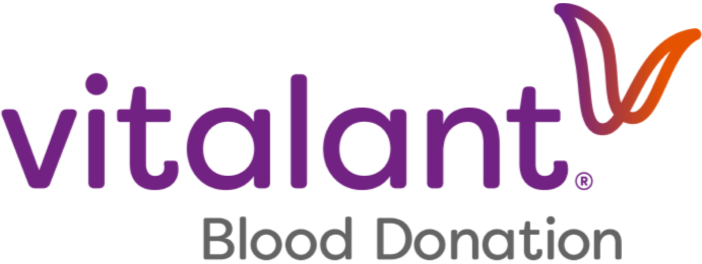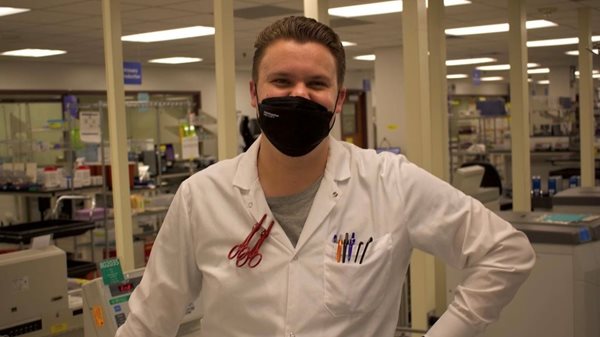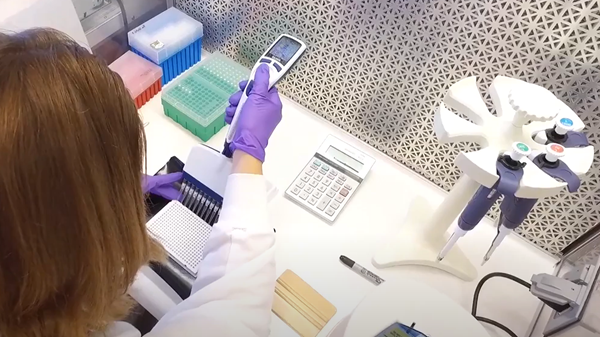
Vitalant HLA Laboratories Part of the Healthcare Team that Helped the US Reach 1 Million Organ Trans
On Sept. 9, 2022 the U.S. reached 1 million organ transplants according to the United Network for Organ Sharing (UNOS). Vitalant’s human leukocyte antigen (HLA) laboratory team members contribute to the many lives touched by the gift of organ donation.
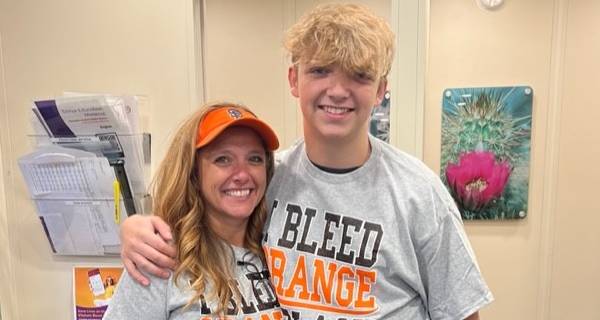
Blood Drive Coordinator Uses Unique Approach to Motivate Donors
Lisa Grimmett, blood drive coordinator for the Redding Host Lions, is not your typical coordinator.

Gratitude for Donors Who Helped Save His Son’s Life Leads to Giving Back
Eric Davis started hosting blood drives after his son needed blood transfusions and is now hosting four drives a year.
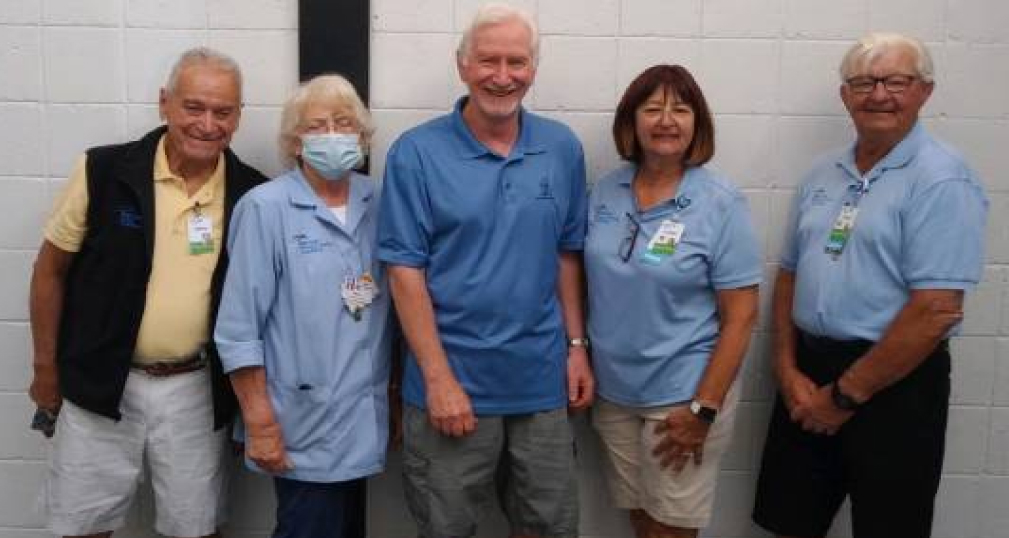
Volunteers Build a Legacy of Helping Others
The Barton Memorial Hospital Auxiliary has a long history of helping others, and Larry Coffman has been involved for more than eight years as their leader.
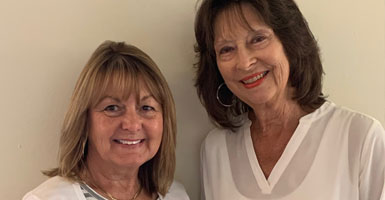
A Family’s Needs Lead to a Passion to Help Others
For Bonnie Kirschman, blood drive coordinator for the Rancho Murieta Community blood drives, blood donation and the desire to make a difference is personal.
